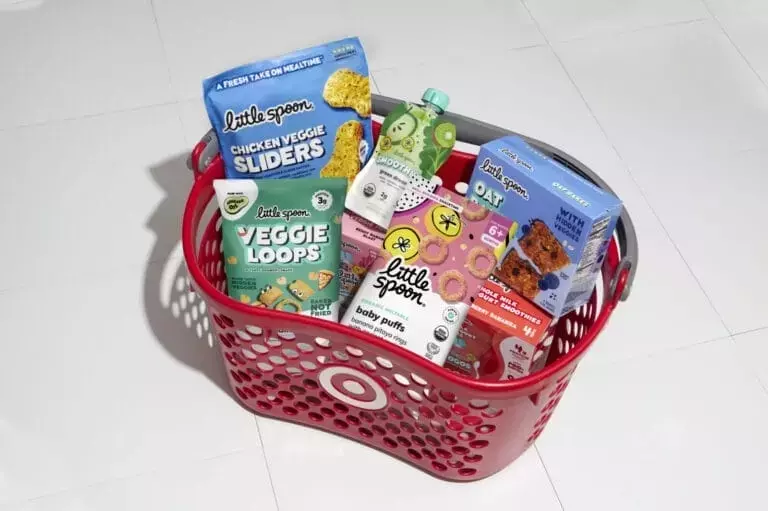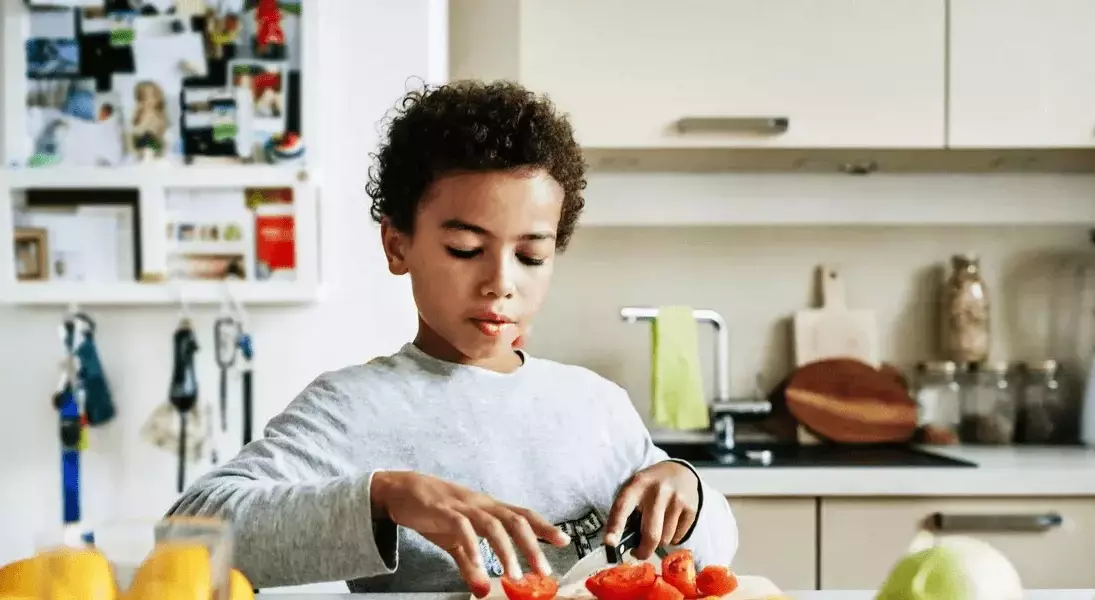


































In the quest for nourishing our families, many parents face the common struggle of integrating healthy eating habits into daily life, often contending with picky eaters and demanding schedules. This challenge can feel daunting, but thankfully, evidence-based methods exist that simplify the process, enabling healthier meals without adding complexity to an already busy routine. These strategies are rooted in practical science, offering real solutions for real families.
One foundational strategy involves embracing frozen vegetables. Scientific studies demonstrate that frozen produce often retains its vitamin content as effectively as, or even surpasses, fresh produce that has been stored for several days. This makes frozen options not just a convenient alternative but a nutritionally sound choice, readily available and quick to prepare. Furthermore, optimizing cooking methods is crucial; steaming vegetables, for instance, significantly preserves vital nutrients like Vitamin C, as opposed to boiling, which can lead to substantial nutrient loss. Another effective tactic is strategically serving vegetables when children are most receptive. Research indicates that presenting vegetables as a first course to hungry children can dramatically increase their consumption, leveraging their natural hunger before other, perhaps less nutritious, options become available. Lastly, a fascinating scientific hack involves altering the structure of starchy foods like rice, pasta, and potatoes. By cooking these items and then refrigerating them for 24 hours before reheating, a portion of their starch converts into 'resistant starch.' This acts similarly to dietary fiber, improving blood sugar responses and enhancing the nutritional profile of common staples.
These practical adjustments do not demand a complete lifestyle transformation or a rigid adherence to perfection. Instead, they represent small, achievable steps that, when consistently applied, can lead to meaningful improvements in family nutrition. Whether it's opting to steam broccoli instead of boiling it, offering bell pepper strips while dinner is still being prepared, or preparing a large batch of rice in advance, each choice contributes to a healthier eating environment. The beauty of these methods lies in their simplicity and the scientific backing that affirms their efficacy, proving that even with frozen vegetables and reheated pasta, families can make genuinely smart and healthy food choices.
